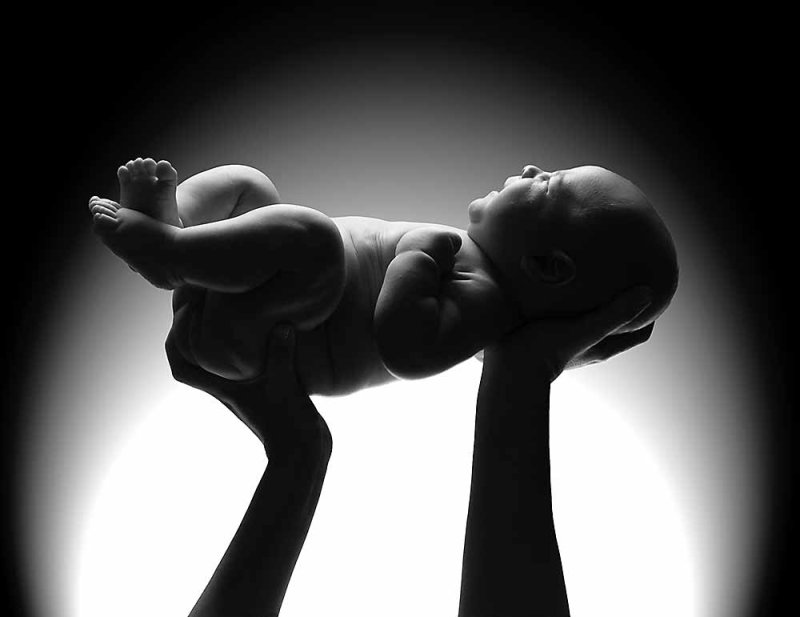When the Chinese scientist He Jiankui created the first gene-edited children, he dreamed of improving the world. He believed the genetic alteration he added to twin girls born last year would protect them from HIV. Human embryo editing, he said, would bring new hope to millions.
Instead, he may have put the twins at risk of an early death.
A new report finds that genetic mutations similar to those He created, to a gene called CCR5, shortens people’s lives by an average of 1.9 years.
“It’s clearly a mutation of quite strong effect,” says population geneticist Rasmus Nielsen of the University of California, Berkeley, who made the discovery while studying DNA and death records of 400,000 volunteers in a large British gene database, the UK Biobank. “You can’t have many mutations that do that, or you wouldn’t live that long.”
The finding offers a warning light to anyone else seeking to enhance human beings. That’s because many genes have more than one role, and scientists tinkering with the balance are likely to cause side effects they didn’t expect or want.
Read full, original post: China’s CRISPR babies could face earlier death































